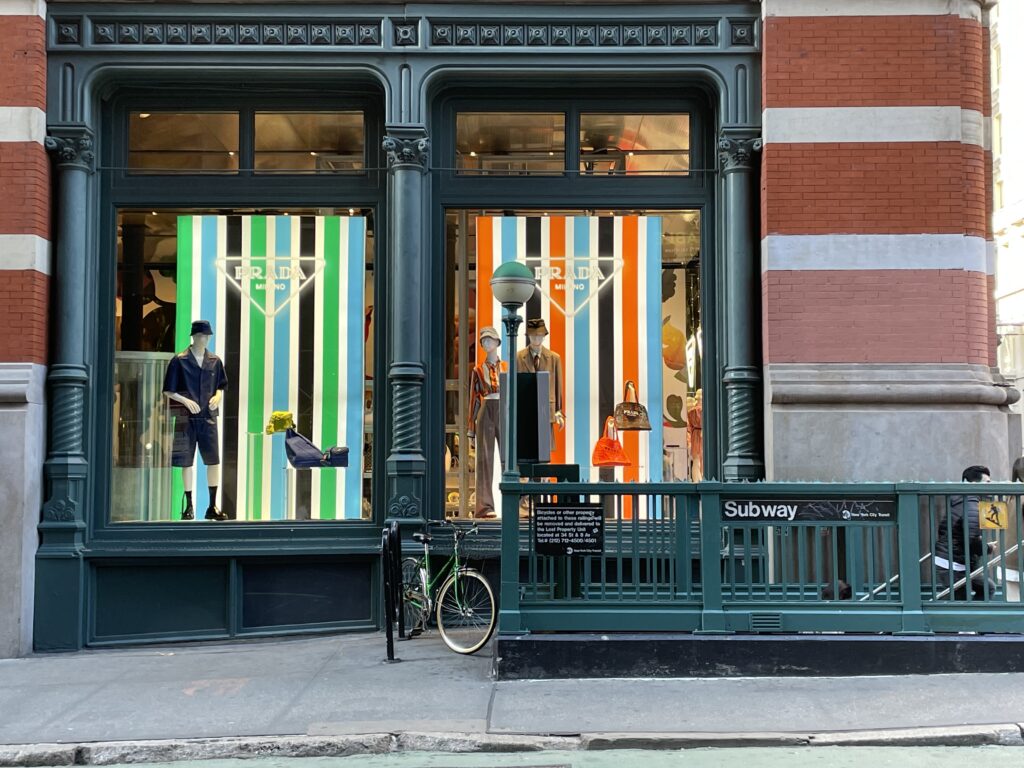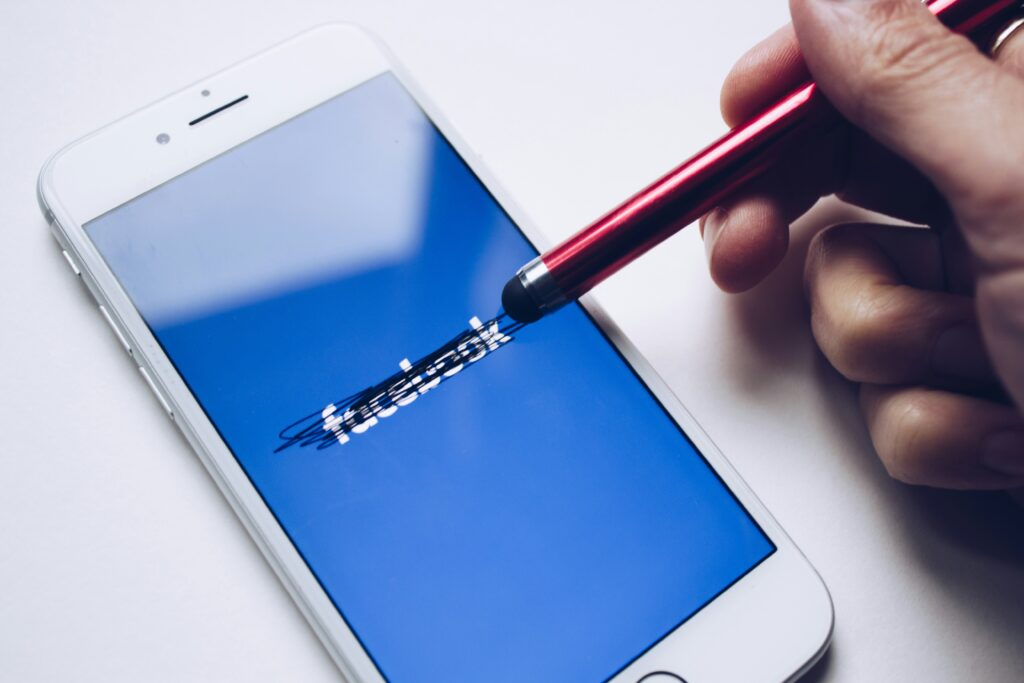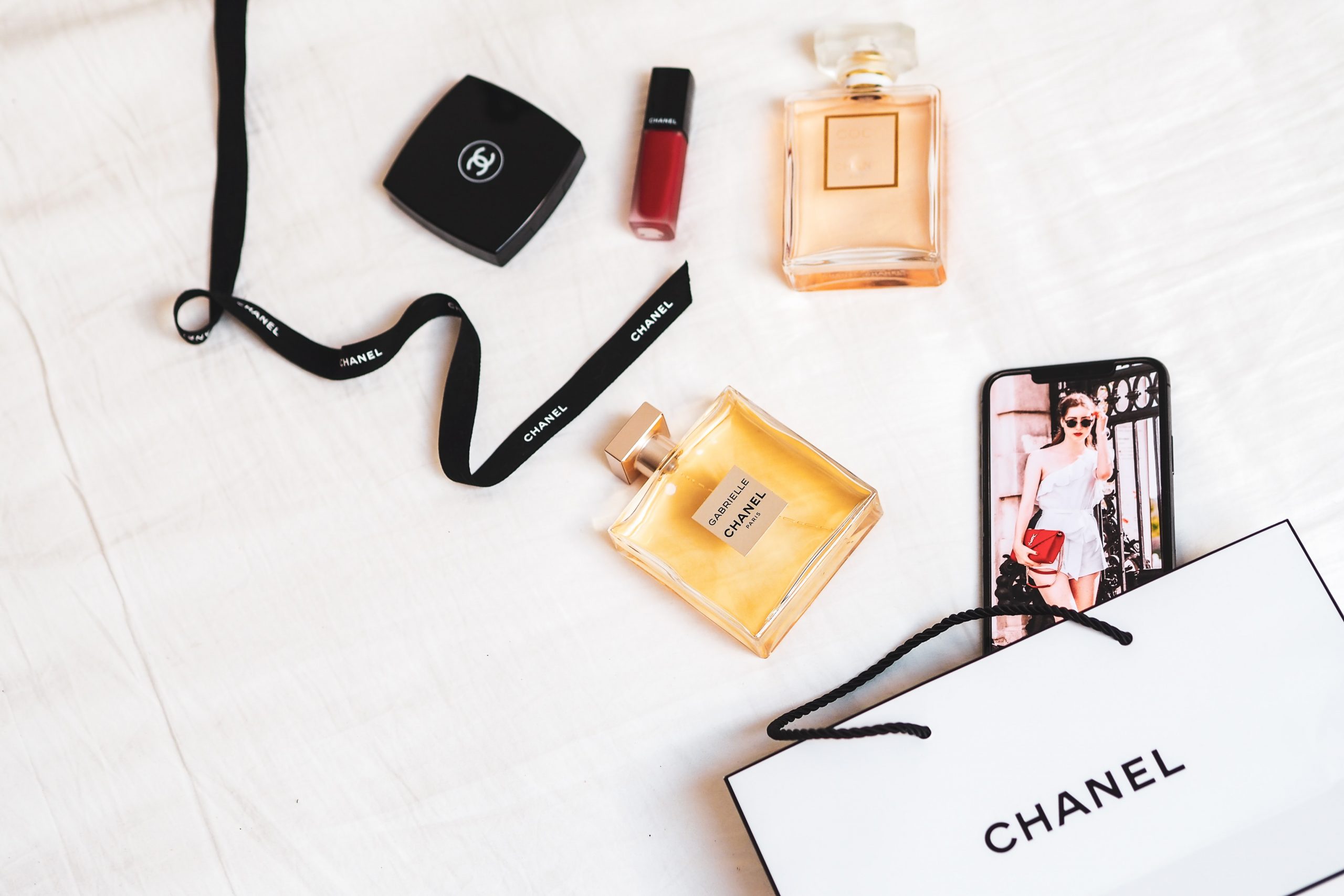
Meta CEO Mark Zuckerberg’s contempt for media was laid bare for all to see during his recent appearance on The Joe Rogan Experience.
The entire interview between host Joe Rogan and Zuckerberg, which took place on January 10, was full of perceived grievance and a larger-than-life victim mindset. The government was after Meta. The media bullied Meta. And now, it is time for Meta to do what it wants to do.
Joe Rogan claimed that media members only talk about their designated vertical because it’s their job, saying (as an example of this supposed lack of knowledge) “They probably don’t even know a lot about climate change….they’re just reporting on it.”
Zuckerberg, when talking with Rogan about the US government allegedly asking Meta to suppress “legitimate” information about the Covid vaccine, said, “I deferred too much to the critique of the media on what we should do.” Hearing him say that, one concludes that he believes the media bullied his company into censorship of Meta’s platforms – and he still resents them because of it.
At one point, Zuckerberg said “Creators will become the new elites.” Not a new sentiment at all, but coming from this source makes it suspicious, as explained below.
It’s almost as if there was this implication that government and journalists – in other words, institutions – have all failed, and as such, why should we listen to them anymore when people are all turning to creators to get informed anyway? If the Meta CEO’s attitude had to be summed up in one phrase, the summary would be ‘they’re all coming to my platforms & not seeking out government or traditional media for information, so screw you.’
And, of course, those creators are primarily on Meta, right? Well, yes, according to Zuckerberg, who stated that over 3 billion people across the world use a Meta product each month.
So it would seem, then, that Mark Zuckerberg has a vested interest in seeing the power held by both the United States government and the non-social media ripped away and placed into the hands of social media instead. And that is a danger to society. The side effects of the public’s overdependence on social media have been documented at length. But none of that matters to a CEO who wants a captive audience – an audience with very few viable alternatives because Meta owns Facebook, Instagram, Threads, and WhatsApp.
The United States government opted to get rid of what is arguably Meta’s largest competitor in TikTok, set to exit the US on January 19, 2025, due to stated security concerns. However, we’ve had many instances of both Meta and Google – owners of YouTube, the Android mobile operating system, and a plethora of Google-branded products tracking us wherever we go – endangering the data of their respective users, and none of those products or platforms have been outlawed.
The banning of TikTok will benefit the United States tech industry, and since many use social media platforms to find clients for their businesses, connect with like-minded individuals that they’d likely never meet in person, and share their creative works with the world, CEOs like Mark Zuckerberg now feel that they are infallible. After all, where else will the people go?
Fashion, in particular, has unfortunately married itself to Instagram, and with the US demise of TikTok, the industry will only start to lean more on the platform.

And THAT is where the problem lies. Mark Zuckerberg has us exactly where he wants us. He knows people are creatures of habit, and that an entire industry that has built its complete online social ecosystem around existing on Instagram will find it extremely difficult to gather the willpower to leave.
However, I would posit that the fashion industry needs to figure out a new way to communicate other than using Meta’s platforms. And you might ask, what are those new ways?
Well, we should acknowledge that there is no silver bullet to solve this issue. But we should also readily acknowledge that we have the tools to build up a healthy fashion ecosystem outside of Meta’s products.
For one, as long as we have email addresses, we have the ability to build email lists and send out newsletters to our audience. There’s Substack, which can act as both a newsletter platform and a community-building platform; I have moved Manic Metallic’s newsletter over to Substack, and am working to build our community there. We still must maintain websites because we need a place to call home for our work and a place for our audience to partake in it. Plus, we maintain almost full control over that space.
There’s Bluesky, which is a promising Twitter alternative (though many in fashion never quite took to Twitter, but some did!). There’s podcasting, which I recommend that everyone take the time to create if you’ve got a message for people to hear. There’s YouTube, which is owned by Google (which has its own issues, but YouTube has its uses for now). We’ve got Pinterest, which I think could be utilized a lot more than it is by fashion denizens. Reddit and Discord, which have not exactly taken off in the fashion industry, have the potential to be great community-building tools with time. We could use video-conferencing software to have both individual and group meetings online.
And here is an option that we should really consider as we go into an era where some leaders in tech have become hostile to democratic norms: in-person events.
While not a novel idea by any stretch, meeting up with your current community – or taking the opportunity to meet up in person with potential connections – in person allows for a level of camaraderie and intimacy that the internet simply cannot beat. Plus, with data privacy concerns starting to worry many people (I lay out some of my concerns in this Substack newsletter issue), meeting in person more often allows you to put less of your information online.
We cannot let a fear of the unknown and a perceived loss of convenience keep us from parting with services that do not have the best interest of the media or of democracy as a whole in mind.
Something else of note from the podcast episode: Zuckerberg raved about Community Notes, which, as a concept, sounds like a great opportunity for misinformation to proliferate because people get to decide what is true and what is not. When something is true, there is no debating its factuality.
Looking at other ways that Meta has hurt the media over time, let’s not forget that the company has stated that it takes the content of its users and uses it to build up its AI product, Meta AI. If you care about maintaining the rights to your own work, then this should already have been of concern to you. This is an option that EU users have the option to opt out of, but American users do not. Let’s also not let it slip our minds that social media has all but killed ad revenue for media and that affiliate revenue hasn’t made up the difference.
Listening to the entirety of this podcast episode – almost three hours – and detecting the underlying tone truly brings cause for alarm.
In a time when democracy is under siege across the world – and especially in the United States, Mark Zuckerberg is clearly a part of this assault on democratic norms.
In having a vested interest in the failure of both government and media, Mark Zuckerberg has a vested interest in the fall of democracy. It’s time we said our goodbyes to Meta platforms.
To subscribe to Manic Metallic‘s Substack newsletter, click here. To follow us on Bluesky, click here.




